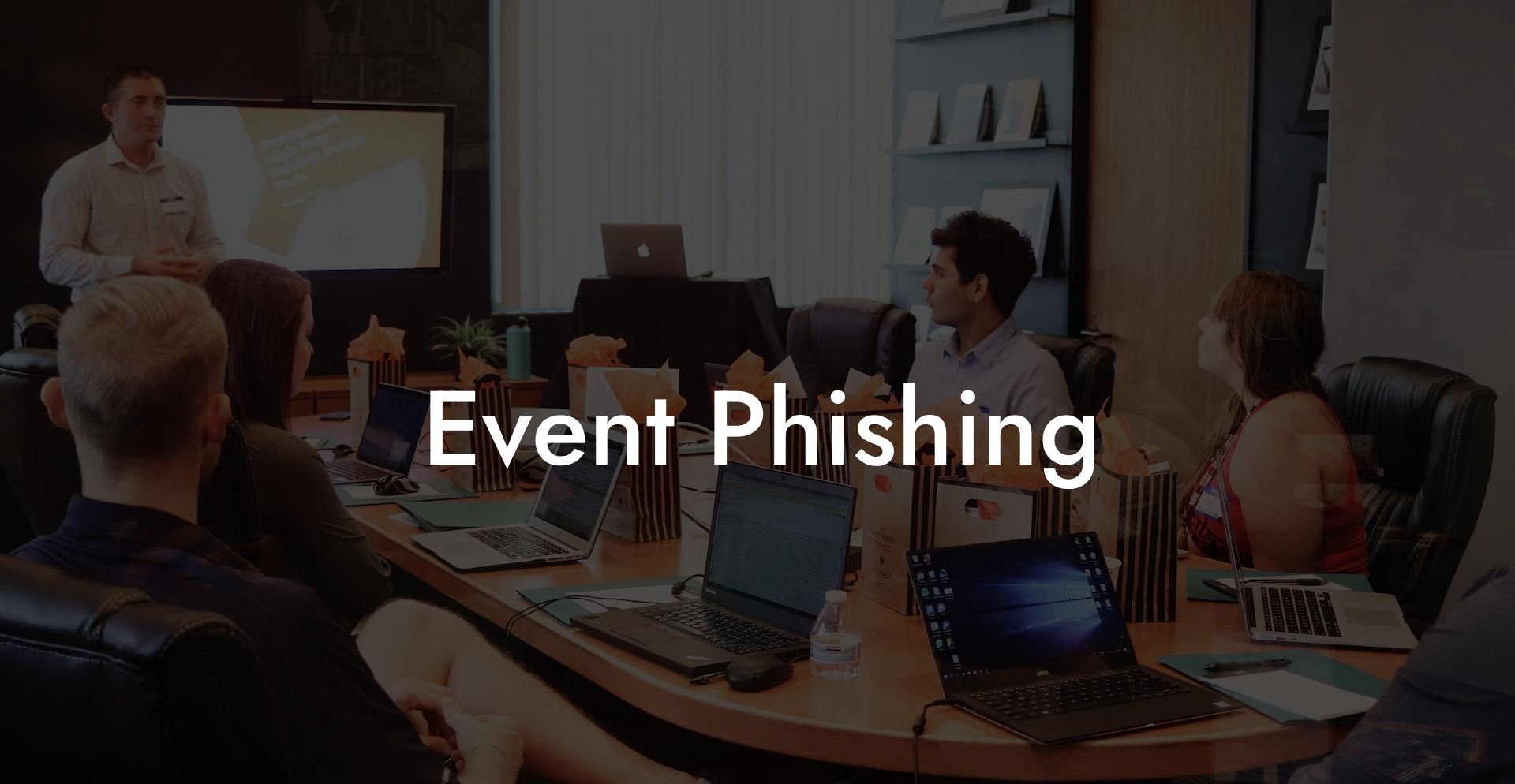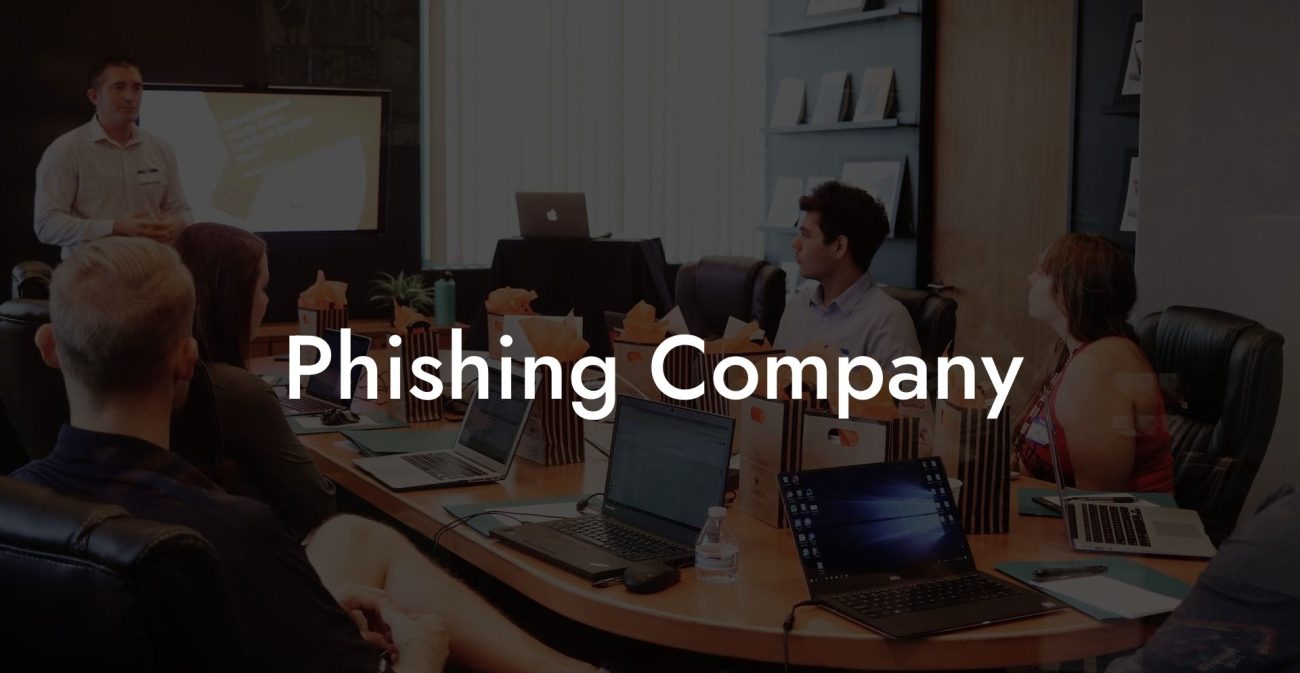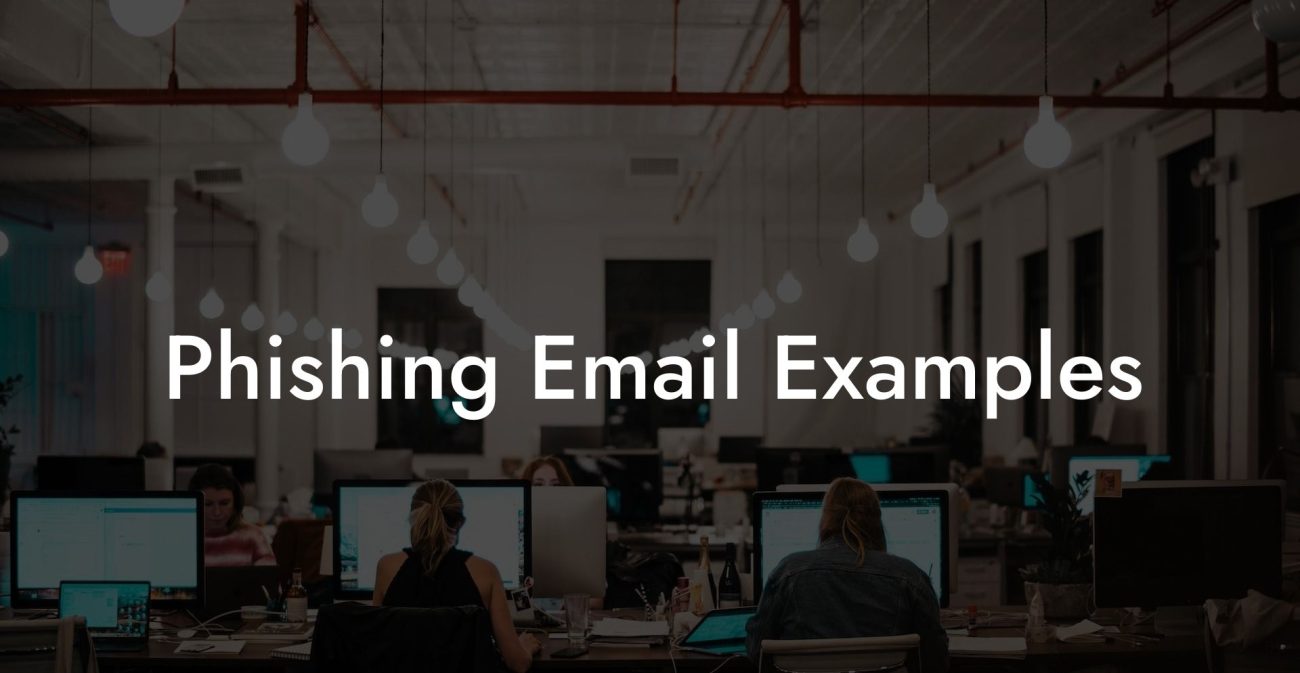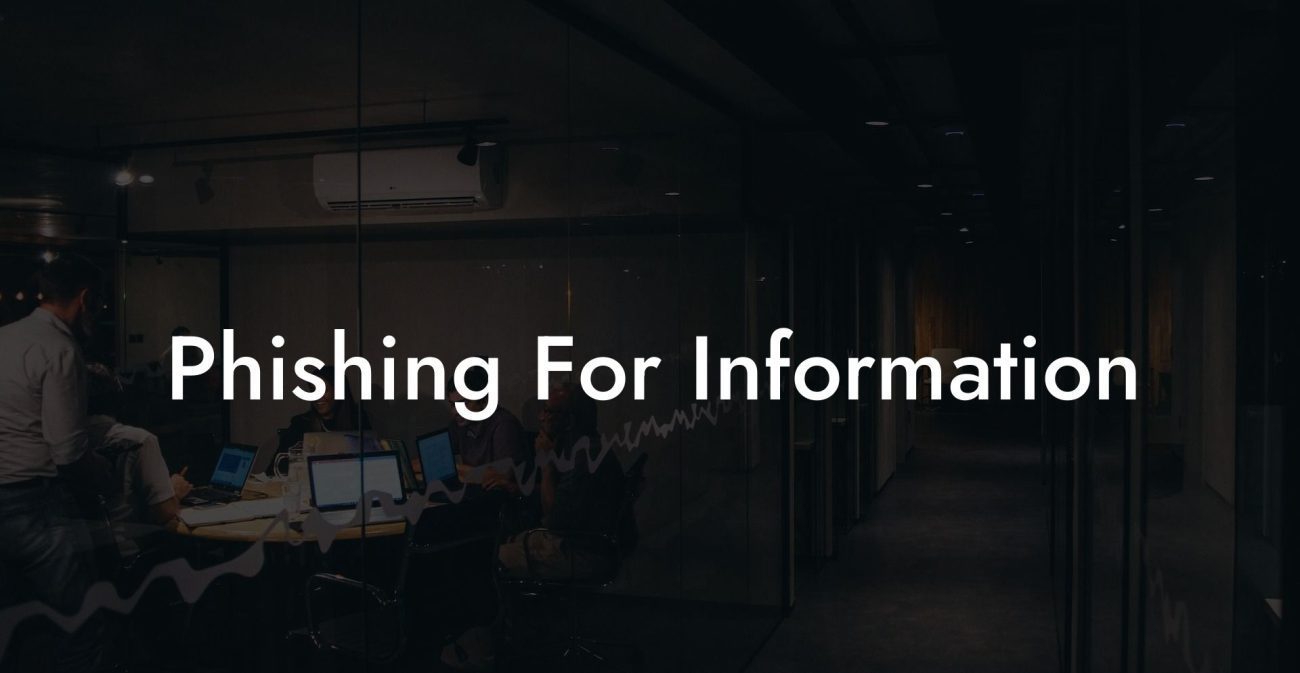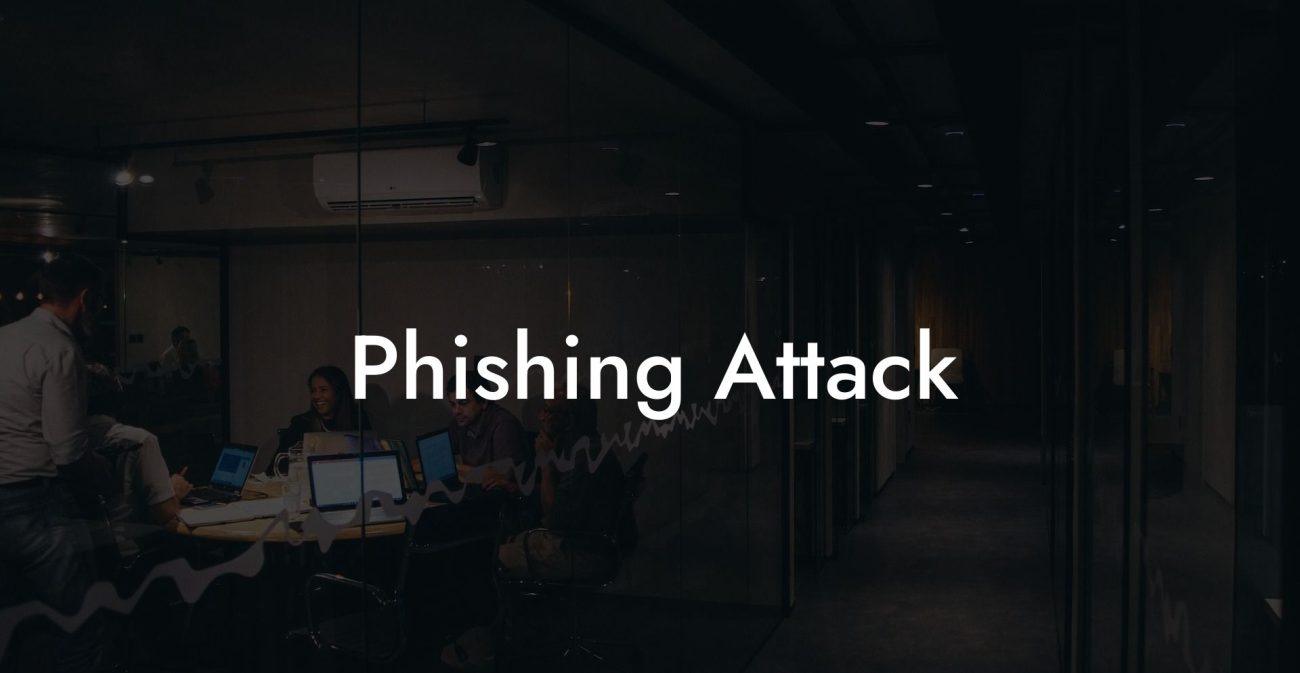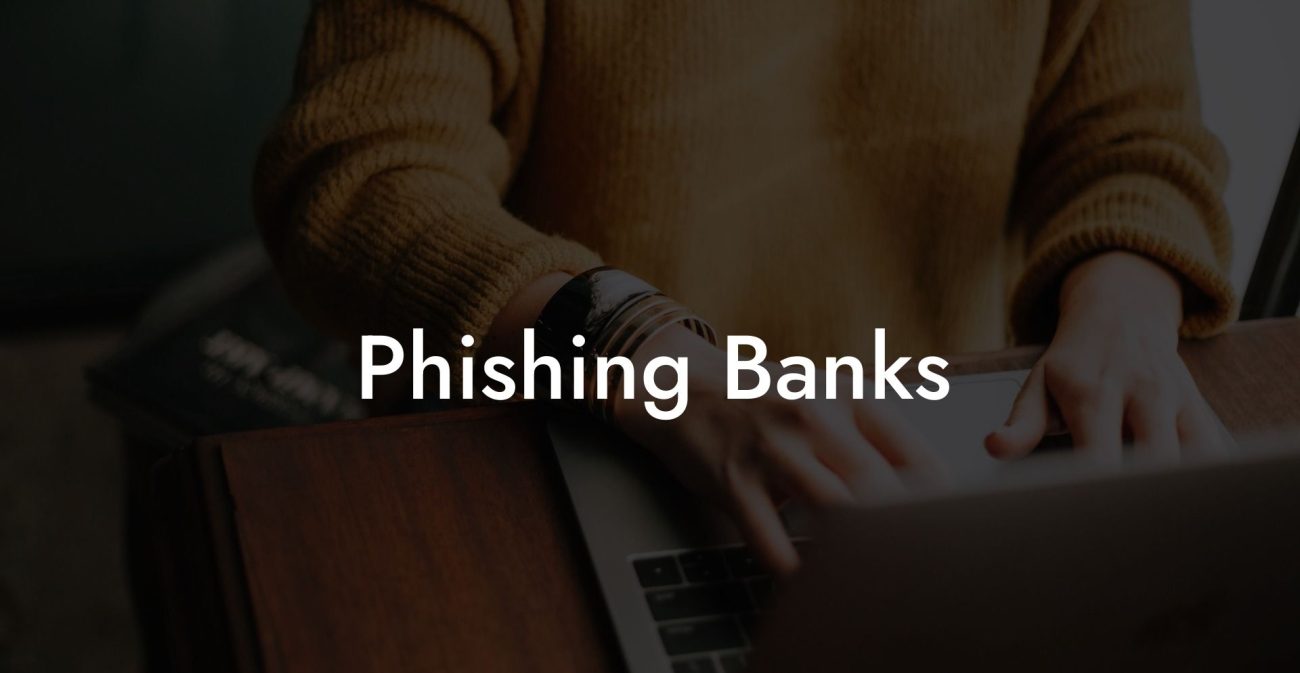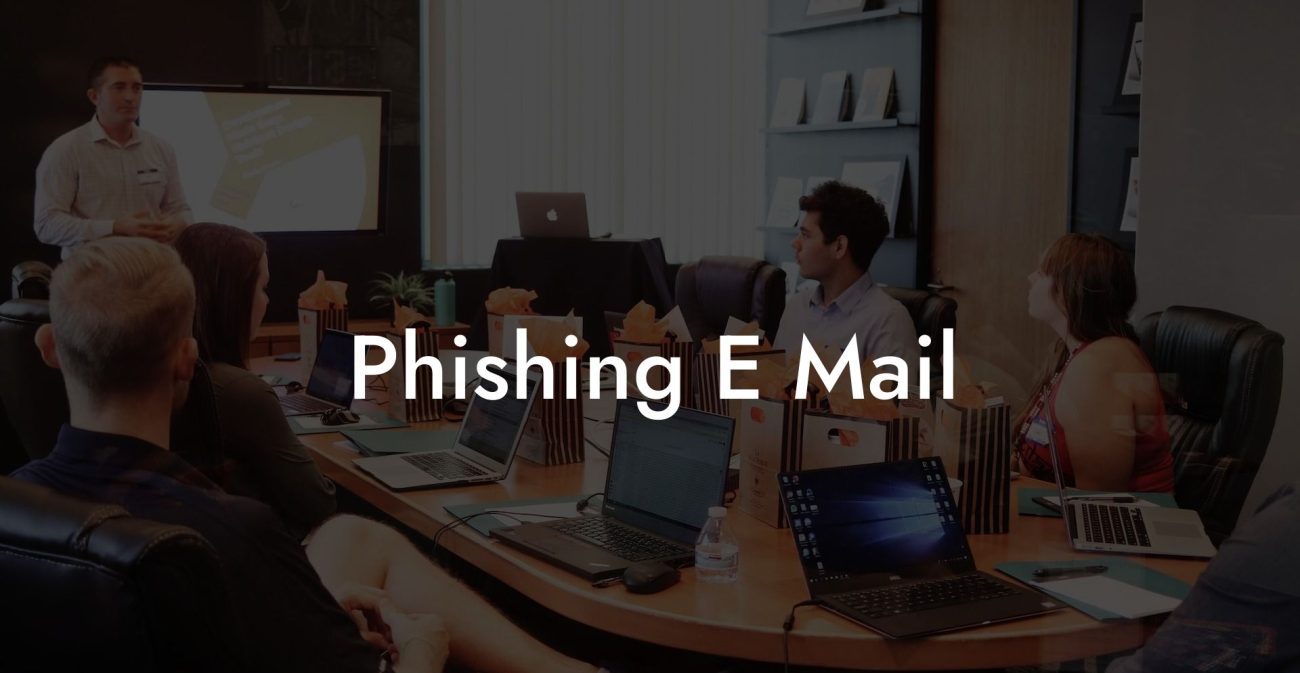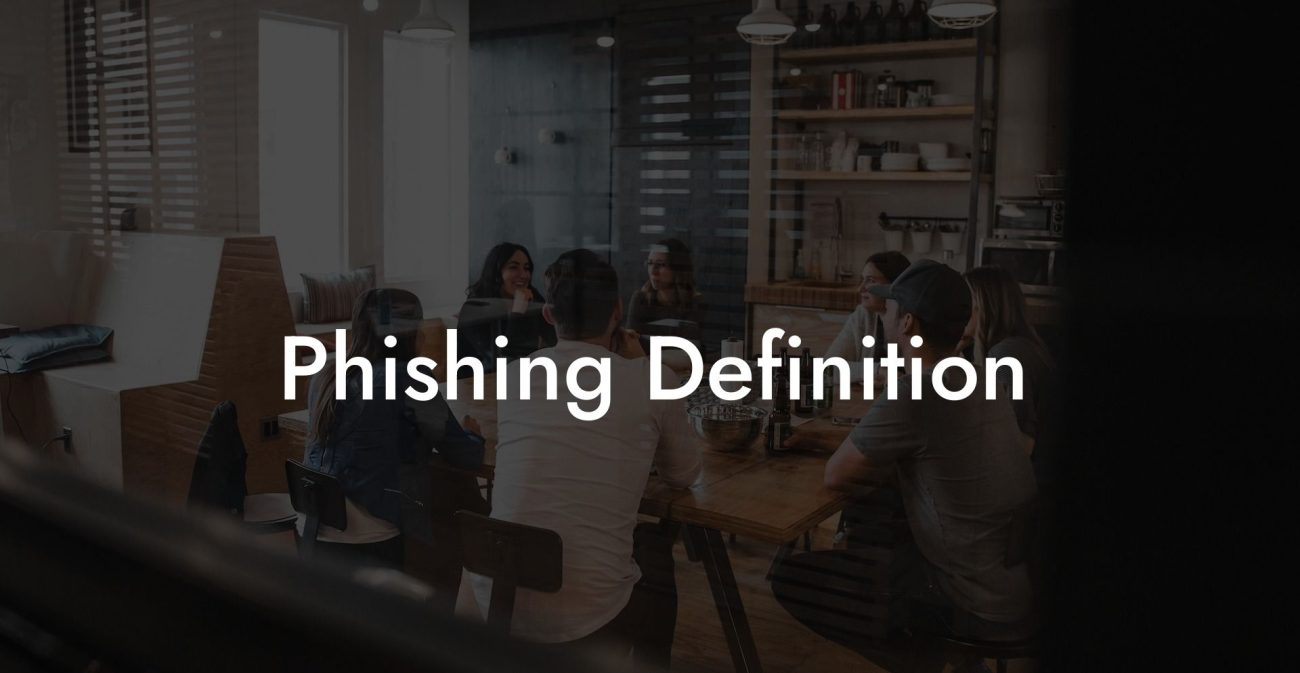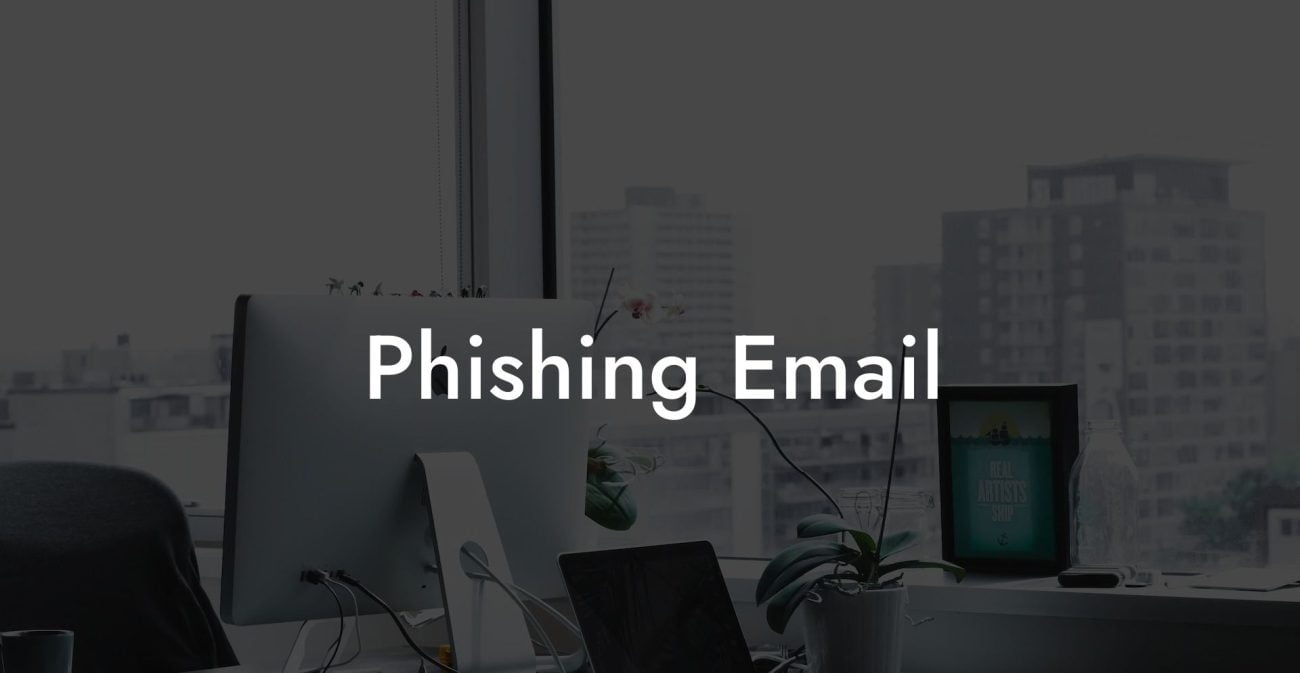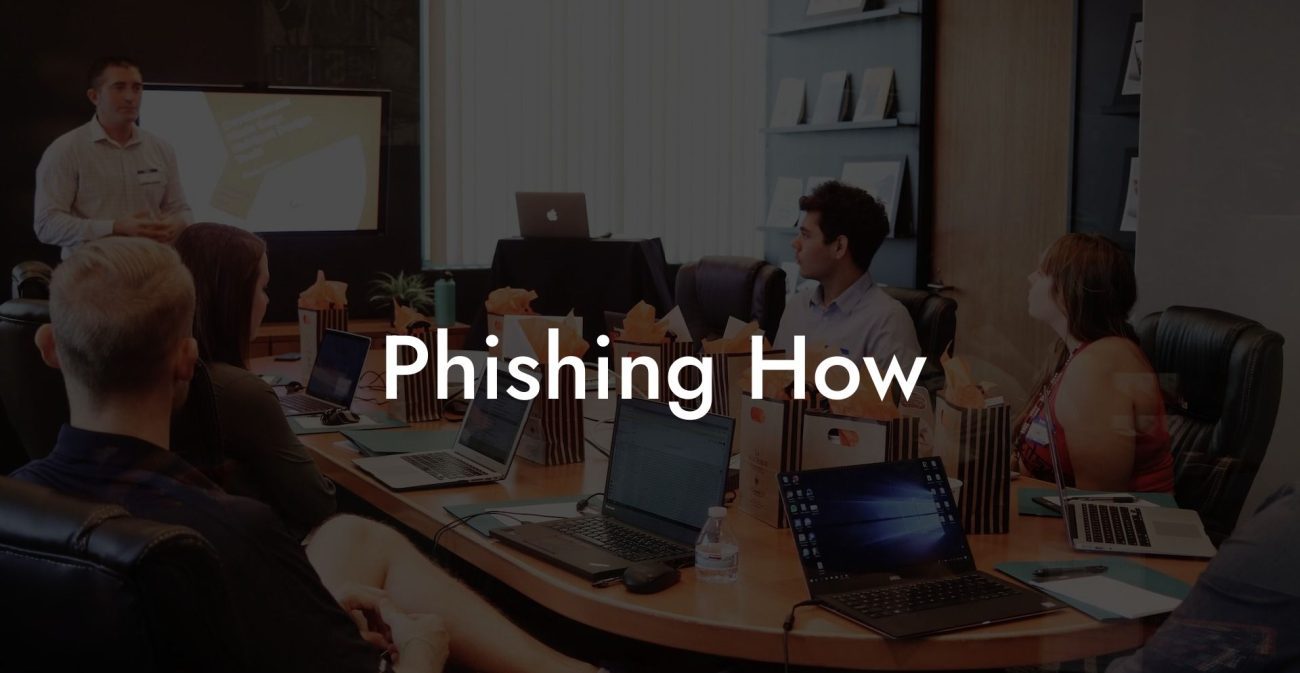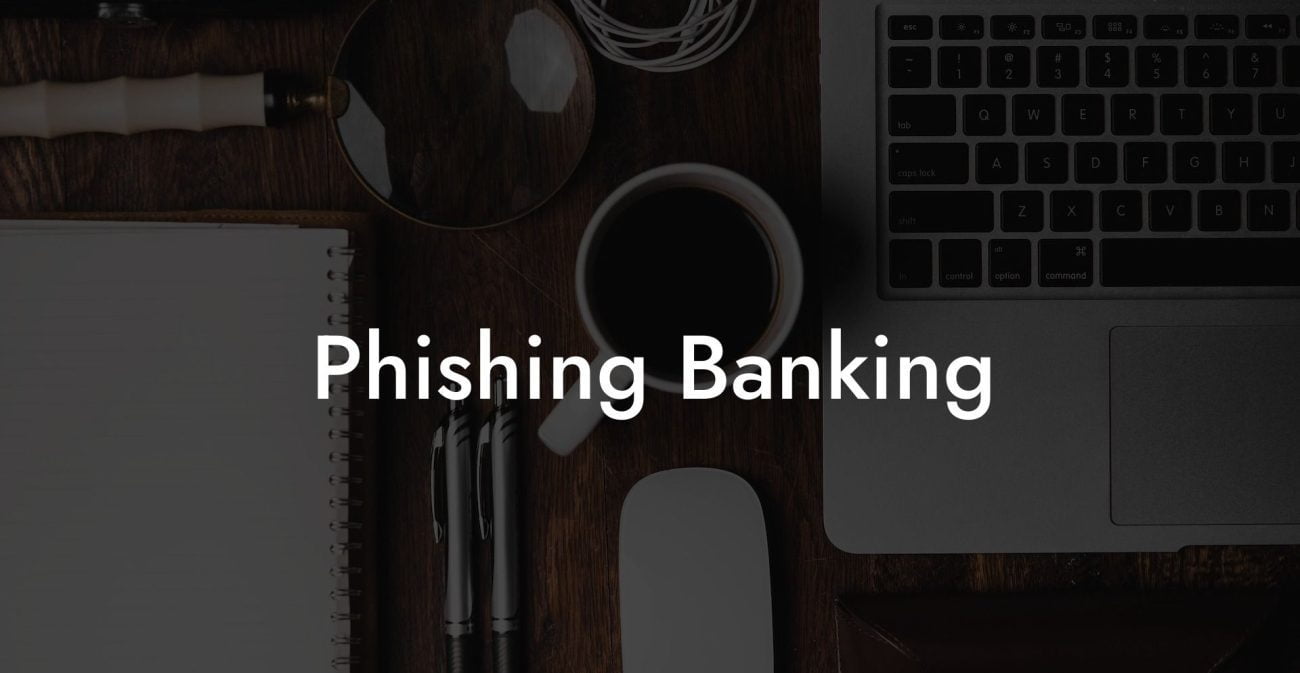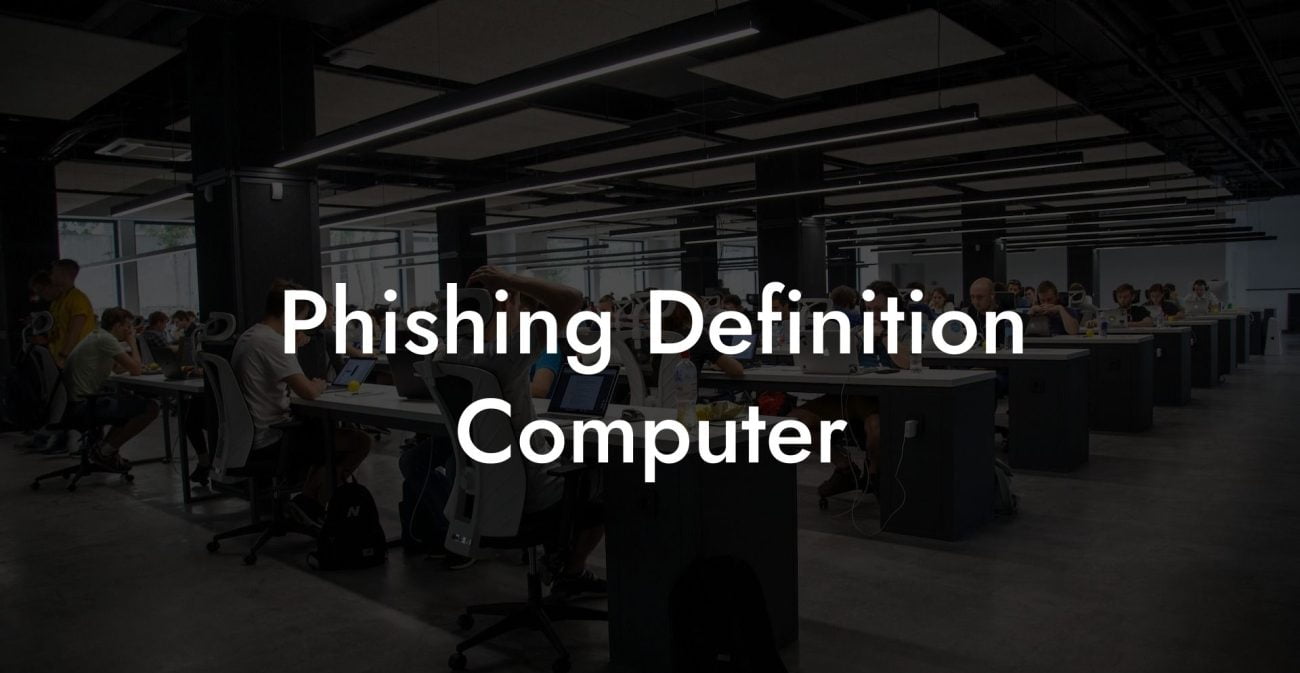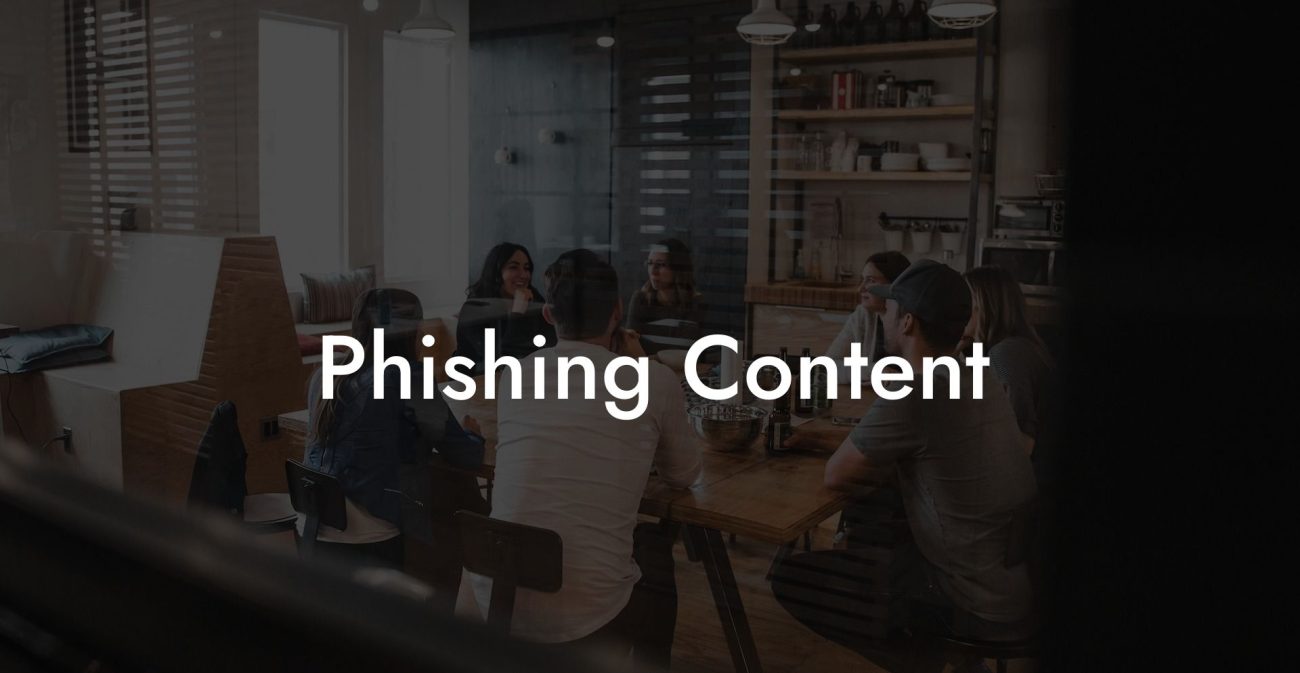With the significant rise in cyber threats over recent years, companies and individuals alike have had to remain alert and adapt to new forms of online scams. One of the latest scams to emerge is Event Phishing. Unlike voice phishing, where the attacker relies on the use of misleading calls, Event Phishing occurs when cybercriminals create fake events as a ploy to steal sensitive information. As we start returning to in-person gatherings, it's crucial to recognize the dangers of Event Phishing and how to protect ourselves from becoming a victim. This comprehensive guide delves deep into the world of Event Phishing and provides valuable insights on what to watch out for and how to stay safe.
Event Phishing Table of Contents
What is Event Phishing?
Event Phishing occurs when cybercriminals create fake events such as conferences, seminars, and other gatherings to deceive their targets into providing sensitive personal and financial information. These scammers set up official-looking event pages or send out convincing email invitations to lure in potential victims. They may ask for registration fees, credit card information, or other sensitive data that can be used later for fraudulent purposes.
How does it work?
Protect Your Data Today With a Secure Password Manager. Our Top Password Managers:
Cybercriminals behind Event Phishing leverage social engineering tactics to manipulate people into believing that an event is legitimate. They may use spoofed emails or social media accounts to impersonate the event's organizers or real attendees. Once the victim is hooked, they may be redirected to a look-alike website where they're asked to register and provide payment details or personal information.
The scammers could use acquired sensitive data for several purposes such as identity theft, unauthorized financial transactions, and selling the information on the dark web. They may also use the victim's email address to send further phishing emails, increasing the likelihood of a successful scam on their contacts.
Event Phishing Example
A high-profile example of Event Phishing occurred in 2020 when cybercriminals targeted the virtual ECC conference. The organizers warned attendees of an Event Phishing scam where scammers created a bogus website with a similar domain name, offering discounted registration. Unsuspecting attendees were led to believe they were registering for the authentic conference, unknowingly providing their payment details to the scammers in the process.
How to Protect Yourself From Event Phishing
1. Verify the event source – If you come across an event invitation or page that looks suspicious, cross-check the event details and the organizers' credibility by using official websites or contacting the organizers directly.
2. Be cautious of unsolicited emails – As a general rule, be wary of unsolicited emails promoting events, especially those containing attachments or links.
3. Double-check URLs – Malicious websites often use domain names very similar to the legitimate ones. Slow down and observe URLs carefully before clicking.
4. Use secure payment methods – Always opt for secure payment gateways while making any online transaction. Look for signs of a secure connection, such as the "https://" in the browser's address bar.
5. Keep your devices up-to-date – Regularly update your software and security systems to protect your devices from potential vulnerabilities.
Event Phishing is an emerging scam that capitalizes on our excitement for returning to in-person events. Awareness and education are our best defenses against this sneaky form of cyber-attack. By staying vigilant and following the precautions outlined in this guide, we can help protect ourselves and others from falling victim to Event Phishing. Don't hesitate to share this post with your network, and be sure to explore our other guides on Voice Phishing for more tips on how to stay safe online.
Protect Your Data Today With a Secure Password Manager. Our Top Password Managers:

